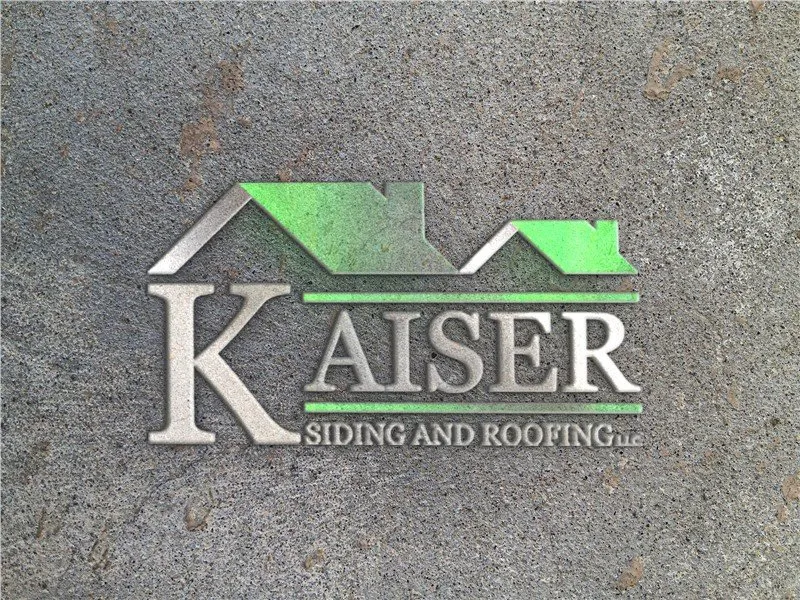When replacing a roof, one of the first decisions is what type of roofing shingles to choose. There are many materials to choose from, but here is a quick run-down of the most common:
1. Asphalt Shingles: Asphalt shingles are by far the most common roofing material. They come in many styles and colors, are relatively durable and are very cost-effective. They also work well in cold and snowy climates such as Columbus and Cincinnati. At Kaiser, we typically recommend 30-year shingles, meaning that they have a 30-year warranty. Customers who want even more durability can choose the 40-year shingles for a slightly higher price.
2. Slate Shingles: Slate shingles are known for their durability and style. However, they are a premium material so are relatively expensive. If you plan to be in your house or building for 50+ years, slate could be cost-effective in the long-run.
3. Rubber Roofs/Flat Roofs: Many businesses and apartment buildings have flat roofs. For these types of buildings, you’ll probably want to go with a rubber roofing material. If you live in a climate with a lot of ice and snow, make sure that your rubber roof is installed and maintained by a professional roofing contractor. In wintery conditions, snow and water can easily collect on flat roofs and seep in through any small holes or cracks.
4. Specialty Shingles: While less common, there are dozens of other shingle options, including Spanish tiles, cedar shakes, and concrete shingles. While these types of shingles can be very stylish and have specific benefits, they tend to be specific to certain regions and climates. For instance, Spanish tiles are common in the southwest and do best in warm, dry climates. Cedar shakes, on the other hand can be durable and attractive, but are not appropriate for climates with a high fire hazard.
Let's Get You a
Free Roof Estimate
Contact us today to receive a free, no-obligation inspection for your roofing and siding renovations!
GET STARTED NOW



